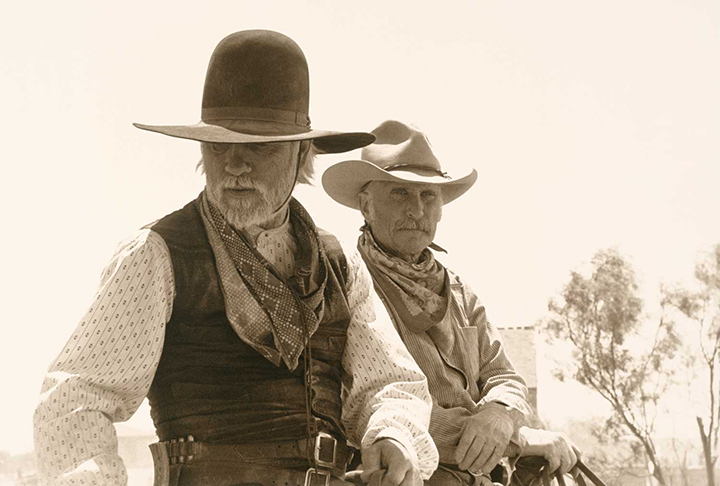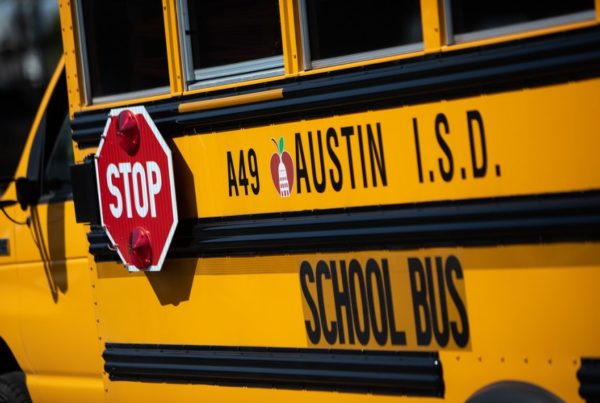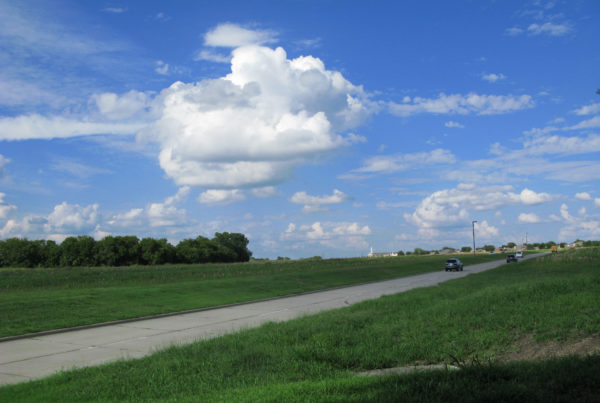Of the thousands of mourners who posted their goodbyes and gratitudes to Texas writer Larry McMurtry across last month, there was one stand-out theme. It was to thank McMurtry for his Pulitzer Prize-winning novel “Lonesome Dove.” Most considered it his premiere gift to them personally, a gift that had immeasurably enriched their lives, as culturally vital as Homer’s Iliad was to the Greeks. To many, “Lonesome Dove” is a book of proverbs, with advice such as: “The best way to handle death is to ride on away from it.” Or “Yesterday’s gone on down the river and you can’t get it back.” In fact, “Lonesome Dove,” the day after McMurtry died, rocketed up into the top 100 best selling books on Amazon, and became the #1 bestseller in Westerns.
Without a doubt, many who thanked Larry for “Lonesome Dove,” have read the other three books in the quadrilogy. Yet, I also know, from long experience, that some fans of the book and film, are unaware that there are three other books. There’s a great deal more trail to ride with Augustus McCrae and Woodrow Call.
The first is “Dead Man’s Walk.” Call and Gus are young men, in their early twenties. I’ve always thought of Gus and Call as part of the “buddy cops” genre. Here, we meet them for the first time as Texas Rangers on guard duty, west of the Pecos in pursuit of Comanches. McMurtry writes: “Gus took guard duty a good deal more lightly than his companion, Woodrow Call.” Gus annoys Call when he brings out a jug of mescal and takes a swig in front of him. Call remarks, “If the major caught you drinking on guard he’d shoot you.” There you see already the contrast that will define their friendship throughout the next two books. Gus the free-spirited, fun-loving sociable rule-breaker and Call the disciplined loner.
“Comanche Moon” is the second book in the series. Gus and Woodrow are both now Ranger captains, but that comes later in the book. It opens as Gus and Woodrow are part of a troop of 13 Rangers trying to run down Comanche Chief Kicking Wolf. They are pursuing him along the edge of the Palo Duro Canyon. Out on the LLano Estacado, Gus feels disoriented. McMurtry steps in to provide one of his iconic descriptions of the Texas landscape: “There was not a feature to stop the eye on the long plain: no tree, ridge, rise, hill, dip, animal or bird. Augustus could see nothing at all, and he was well known to have the best vision in the troop. The plain was so wide it seemed you could see to the rim of forever, and yet, in all that distance, there was nothing.”
“Lonesome Dove” comes next in the story’s chronology. I won’t say much here as this book is the best known of the four. I will say only that it was the first “Game of Thrones” in the sense that McMurtry killed off a great number of characters we came to love. As McMurtry himself wrote in “Lonesome Dove,” “Death and worse happened on the plains.”
The final book is “Streets of Laredo.” It was the original name for “Lonesome Dove” when it was just a screenplay. In this last book, Captain Call is hired to pursue a violent, psychopathic killer named Joey Garza who is a thinly-disguised Billy the Kid. In this book, we get a better look at Call and what he’s made of. For instance, here are his thoughts about loyalty: “It seemed to him the highest principle was loyalty. He preferred it to honor. He was never quite sure what men meant when they spoke of their honor, though it had been a popular word during the War. He was sure though, about what he meant when he spoke of loyalty. A man didn’t desert his comrades, his troop, his leader. If he did, he was in Call’s book, useless.”
I envy those who have not read the quadrilogy. I would love to be able to have the singular joy of reading them all again for the first time. But a second or third read is mighty enjoyable, too.















